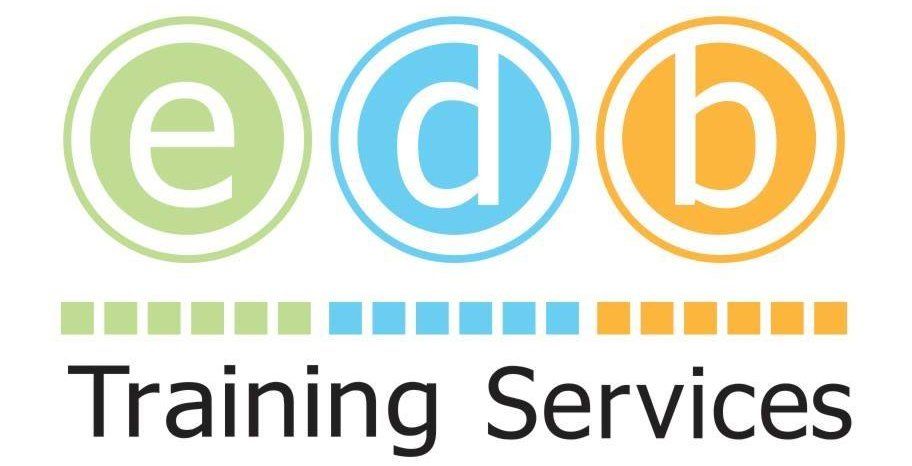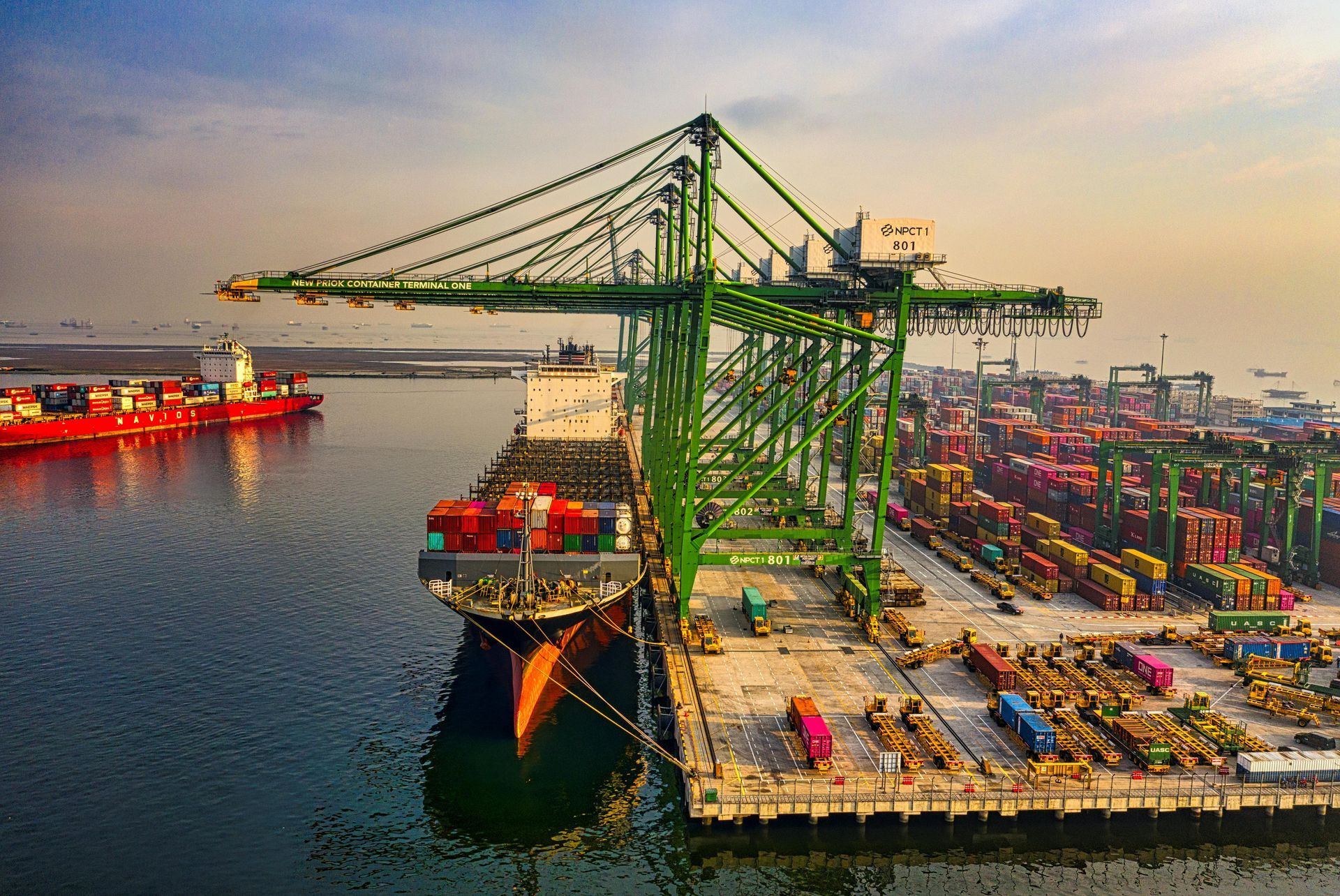What is the Day of a Supply Chain Graduate Like?
The World is your Oyster with A Cert III in Supply Chain Operatiosn

A Typical Day in the Life of a Supply Chain Expert
In the fast paced work environment of supply chain management, professionals play a vital role in ensuring the smooth movement of goods and services. This responsibility holds importance in Australias wide geographical market, where logistical hurdles and possibilities are plentiful. Here we will explain how the skills acquired in a course such as the Certificate III in Supply Chain Operations are put into practice, the tasks and obstacles encountered by these experts and examples of career advancement within this industry.
Practical Use of Acquired Skills for Cert III in Supply Chain Operations
Professionals who complete a Certificate III in Supply Chain Operations gain an array of skills that can be immediately applied to real world situations. These skills encompass inventory control, coordinating logistics, managing procurement processes and utilising technology for supply chain management purposes. In the Australian context these skills are essential due to the countrys geographical and economic landscape.
Inventory Management
One significant application lies in inventory management and control. Supply chain experts are trained to manage stock levels to meet customer needs while reducing surplus inventory. This involves employing forecasting methods and understanding fluctuations in demand across seasons, which's especially important in Australia given its diverse climate and consumer behaviors.
Logistics Coordination
Professionals in the supply chain industry must ensure that products are efficiently transported from suppliers to customers across the vast distances and diverse terrains of Australia. This requires planning and the ability to adapt to unexpected challenges like natural disasters or disruptions in transportation services.
Procurement Processes
Procurement processes are a focus area for supply chain professionals. They learn to negotiate with suppliers, handle contracts and make sure that procurement activities are both cost effective and streamlined. In Australia, where businesses rely on a mix of global suppliers, having these skills is crucial for maintaining a strong and dependable supply chain.
Technology and Enterprise Resource Planning (ERP)
Technology plays a large role in modern supply chain operations. The use of enterprise resource planning (ERP) systems, transportation management systems (TMS) and other software tools is essential for managing the complexities of the supply chain. These technologies help professionals monitor shipments handle orders efficiently and optimise delivery routes to improve productivity.
Daily Tasks and Challenges of a Cert III in Supply Chain Operations Graduate
The daily tasks of a supply chain professional in Australia are varied and complex. These tasks can differ based on their role and industry but typically involve overseeing logistics operations collaborating with suppliers managing inventory levels and ensuring compliance with regulations.
Overseeing Logistics Operations
One primary task is overseeing logistics operations which includes planning and supervising the movement of goods from suppliers to warehouses well as from warehouses to customers. In Australia, this often involves managing shipments over distances and making sure that products reach their destination on schedule and in good condition. It takes an attention to detail and the ability to troubleshoot any issue sthat may occur.
Working with Suppliers
Working closely with suppliers is another task. Professionals in the supply chain field need to develop nurture relationships with suppliers to ensure a consistent supply of goods. This means staying in touch, negotiating terms and resolving any issues that crop up. In Australia, where factors like disasters or global trade policies can impact the supply chain, maintaining solid supplier relationships is key.
Managing Inventory
Managing inventory is an important duty. Professionals must ensure that stock levels are optimised to meet demand without inventory out of stocks. This involves inventory checks, analysing sales data and predicting future demand. Given Australia's market landscape this can be a challenging job requiring a deep understanding of market trends and consumer preferences.
Regulation Adherence
Adhering to regulations is another part of the role. Supply chain professionals need to ensure that all operations comply withnational and international laws. This includes understanding and following customs regulations for imported goods, safety protocols and environmental standards. In Australia, where regulatory requirements are strict, this responsibility is paramount.
Difficulties in Supply Chain Management
While the job of supply chain professionals can be fulfilling they often encounter challenges. One significant hurdle involves handling the logistics involved in a vast and diverse country like Australia. Coordinating shipments over large distances and navigating remote regions present daunting tasks.
Another obstacle is addressing disruptions within the supply chain. Natural disasters, global incidents and market fluctuations can all have an impact on the flow of supplies. Professionals need to excel in crisis management and have plans ready to counter these disruptions.
Advancement Opportunities in Supply Chain Management
Progressing in a career in supply chain management can yield huge rewards. Many individuals begin in entry level positions such as inventory clerks or logistics coordinators. They then gradually advance to higher roles like supply chain managers or directors.
A typical career trajectory may commence with roles related to inventory management or logistics coordination. Through these positions professionals acquire experience in managing stock levels coordinating shipments and interacting with suppliers. Hands on experience proves invaluable for comprehending the complexities of the supply chain.
After gaining several years of experience professionals may transition into supervisory positions like warehouse supervisors or procurement specialists. In these roles they assume significant responsibilities, by overseeing teams and managing larger scale projects. In this phase individuals often pursue education or certification such as obtaining a Diploma in Supply Chain Management to enhance their expertise and knowledge.
Progression to Senior Supply Chain Levels
Moving up the ladder, senior positions like supply chain managers or operations managers come into play. In these roles experts oversee the supply chain process from sourcing to delivery. They devise strategies to boost efficiency cut costs and elevate customer satisfaction. This level demands leadership abilities and adept project management skills.
For professionals with a rich background and proven success executive positions like supply chain directors or chief operations officers become achievable. In these capacities experts partake in high level strategic decision making that shapes the companys path. They collaborate closely with other line executives to harmonise the supply chain strategy with broader business objectives.
In Australia, numerous supply chain practitioners find opportunities across sectors such as retail, manufacturing, mining and agriculture. The skills acquired through a Certificate III in Supply Chain Operations can be easily transferred across different industries enabling career progression and diversification.
The daily routine of a supply chain expert in Australia is fast paced and demanding calling for a mix of prowess, strategic acumen and adaptability. The practical applications of the skills acquired through completing a Certificate III in Supply Chain Operations are extensive covering tasks such as handling inventory, coordinating logistics, managing procurement procedures and utilising technology. Daily duties involve overseeing logistics operations, communicating with suppliers, managing inventory levels and ensuring compliance with regulations while addressing the challenges present in the Australian market. There are promising prospects for career advancement in this field with possibilities to progress from entry level positions to senior and leadership roles. For individuals seeking an fulfilling profession supply chain management in Australia presents numerous opportunities for growth and development.
To enquire about completing your Certificate III in Supply Chain Operations contact EDB Training Services for more information









